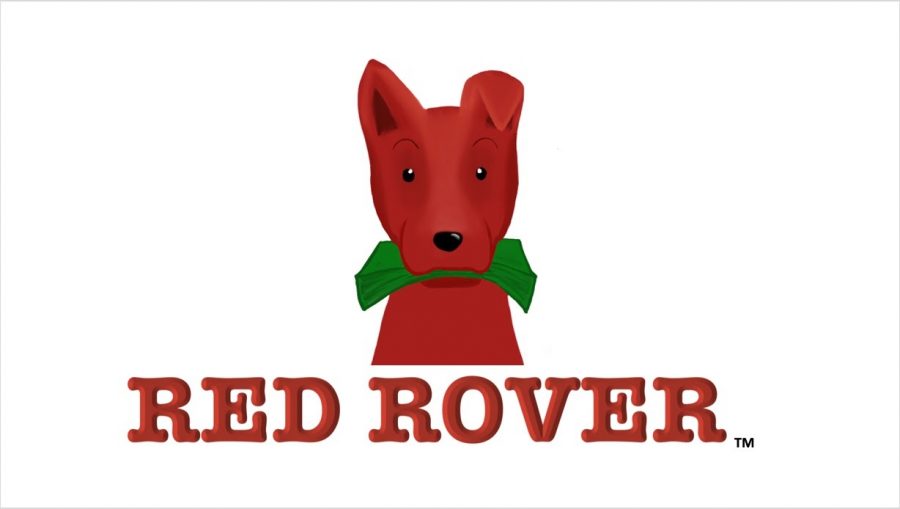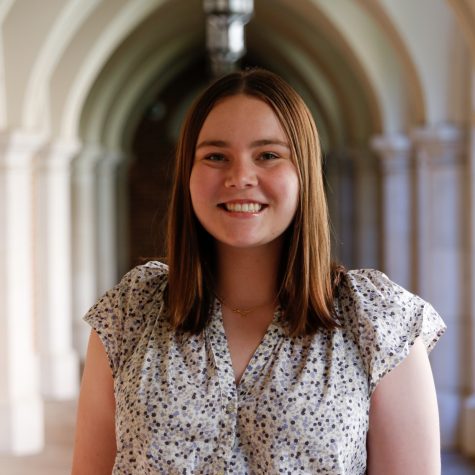While interning at Greenbrier Partners Capital Management in Dallas this summer, Vanderbilt sophomore Alex Blumenfeld discovered a hole in data collection that she was uniquely apt to fill: consumer habits of Gen Z individuals.
To give non-business-minded readers some background: before investing in a company, hedge funds do research to determine if it is possible to get a return on that investment. They need to predict whether the company will be successful, and to do this hedge funds attempt to learn the consumption patterns of their target demographics through conducting surveys. According to Blumenfeld, she saw some errors during her summer internship in the way many of these companies approached the accumulation of consumer data.
At her supervisor’s direction, Blumenfeld distributed a survey of her own to some of her contacts via GroupMe. Within an hour she had 60 responses. Her supervisor was blown away—to get so many responses and so quickly was unheard of, Blumenfeld said.
According to Blumenfield, surveys were previously being distributed via Google Forms and had low response rates with turn-around rates of a couple of weeks. Furthermore, all of her respondents were young adults: a demographic that is historically difficult for these companies to collect data from.
“Gen Z is a pretty hard demographic to get to because we are pretty fast moving, so we don’t like to fill out those surveys,” Blumenfeld said. “My platform helps them access that, and it does it within a few hours.”
Throughout the rest of the summer, Blumenfeld spent much of her time trying to perfect these surveys. Her goal was to make sure that people taking the surveys would have answers that aligned with their consumer habits and could truly help partnering businesses get more accurate data. She analyzed response rates based on how questions and answers were worded and organized. Some common questions asked by companies include why a certain product is working or why consumers think a certain company may have some future success, Blumenfeld said.
According to Blumenfeld, she used GroupMe because it is faster and more widely utilized by college students than other survey platforms. She also worded questions so that they seemed less robotic and appealed to a younger age demographic. Straight out of the gate, Blumenfeld had great success.
“Things took off a lot faster than expected,” Blumenfeld said. “I sent it out to 10 of my highschool friends at different schools and asked them if they thought people at their schools would be interested in this. All 10 of them said yes.”
From here, Blumenfeld officially launched Red Rover: a network that now includes hundreds of high school and college students, per Blumenfeld. This network allows its members to answer survey questions for companies and in return, get paid.
She then developed marketing materials, which helped Red Rover grow exponentially. Within three weeks of sending these out to college students, her network expanded by over 500 participants, Blumenfeld said.
As she builds relationships with companies (who cannot be disclosed for privacy reasons, per Blumenfeld), they send her survey questions to publish and pay her for the responses she amasses from them. She has made it her mission to make it more efficient for businesses to collect data, and with her solution, she is facilitating the acquisition of insight into youth opinions while also helping her fellow students make some quick cash.
Since its creation, Red Rover has flourished. Today, there is actually a waitlist to be a voter. Blumenfeld plans to expand Red Rover to a new (and just as easy to use) platform through an app that she is currently developing. She hopes to see the Red Rover network expand exponentially in the future and continue providing survey data to a growing number of companies.
“I’m hoping that I have enough clients to have a steady feed of polls on a daily basis, so that anybody who has the app can make around 10 dollars in 20 minutes by simply answering some questions about their habits and perceptions about brands,” Blumenfeld said.
As a tech-savvy Gen Z-er, Blumenfeld has taken advantage of her unique position to build a bridge between hedge funds and her peers. In doing so, she has created a network that is mutually beneficial.
“I am just really excited about the fact that this is a really easy way for kids our age to make money,” Blumenfeld said. “We are always on our phones, and we are all broke. Being able to sit down and scroll through a feed of polls, which basically has the same effect as scrolling through social media, seems like a really mindless, easy way to make some money.”






